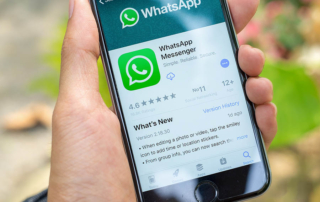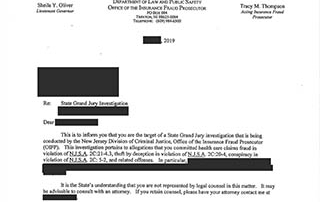WhatsApp End to End Encryption Is Not Always Secure
ProPublica recently reported that Facebook hired 1000 workers around the world to review WhatsApp messages that are flagged as “inappropriate.” WhatsApp markets itself as a private messaging platform that secures those messages with end-to-end encryption that only the participants can view. Billions of people around the world use WhatsApp and other such “secure” messaging services to exchange private, sensitive business or personal messages.









